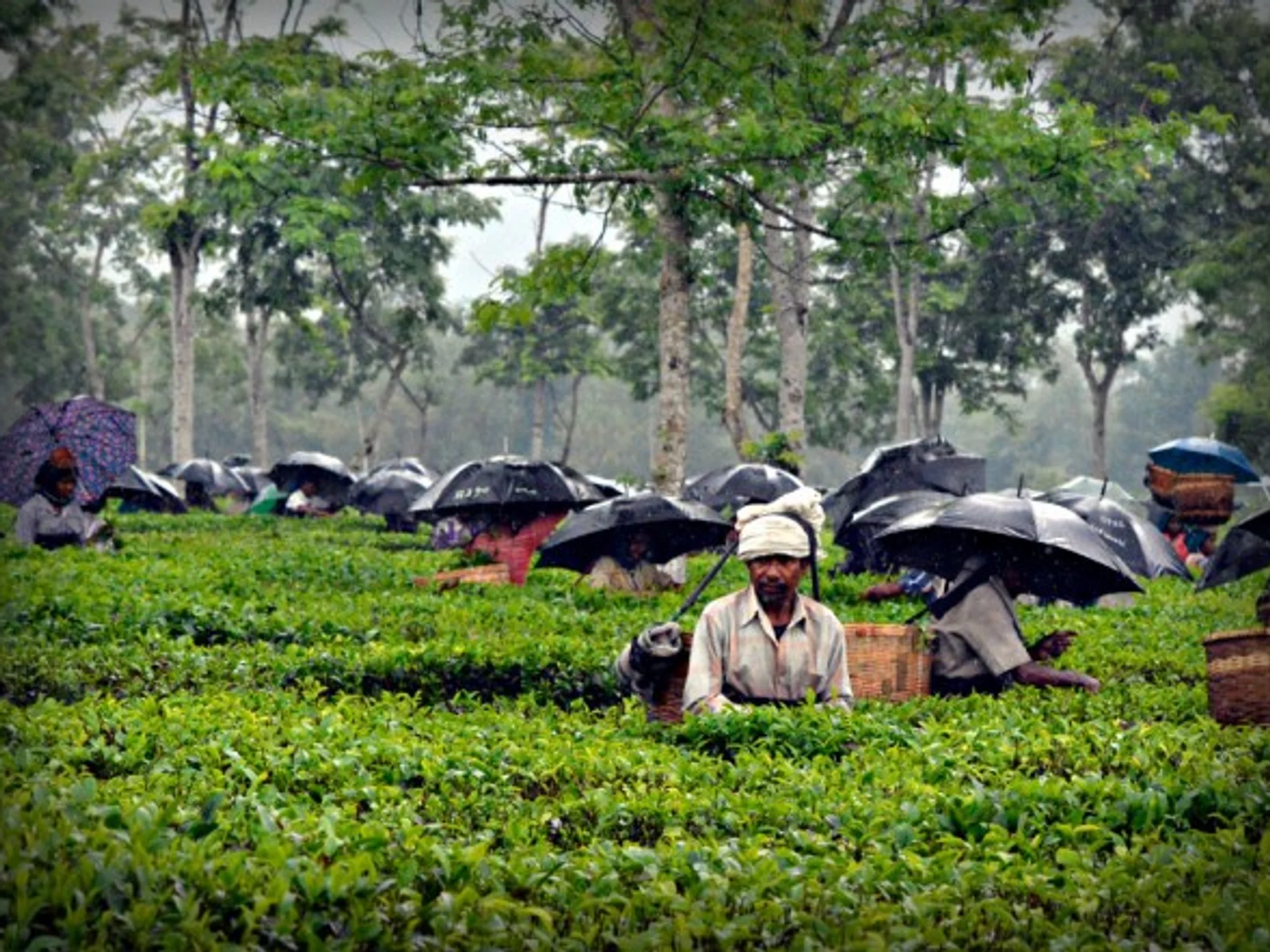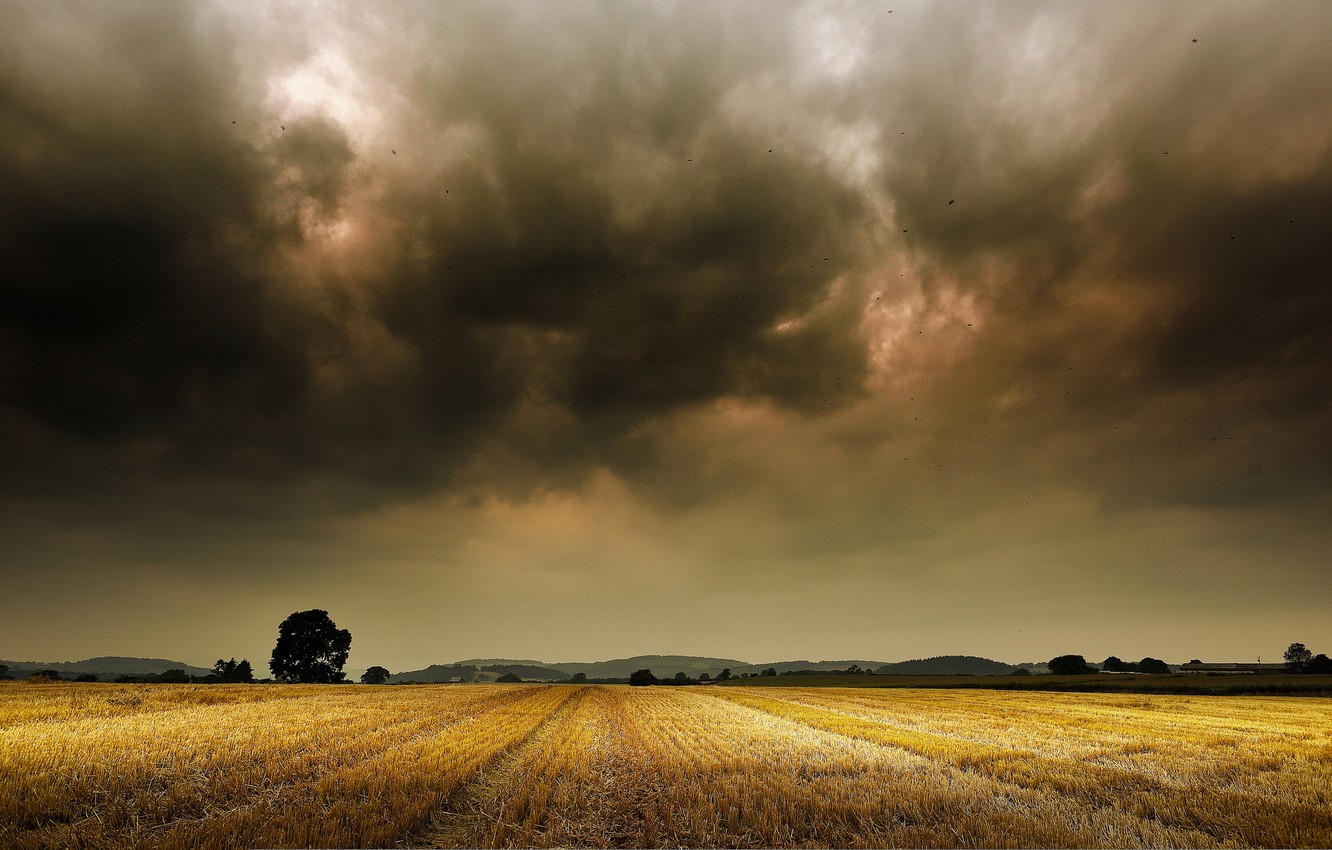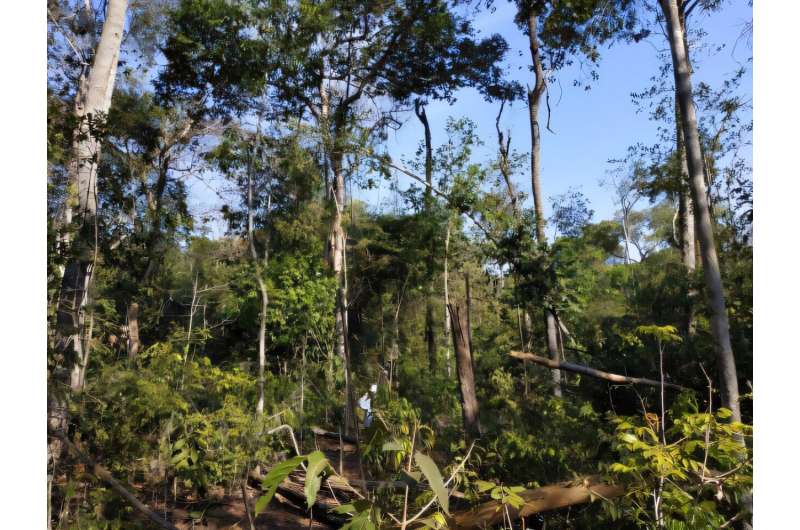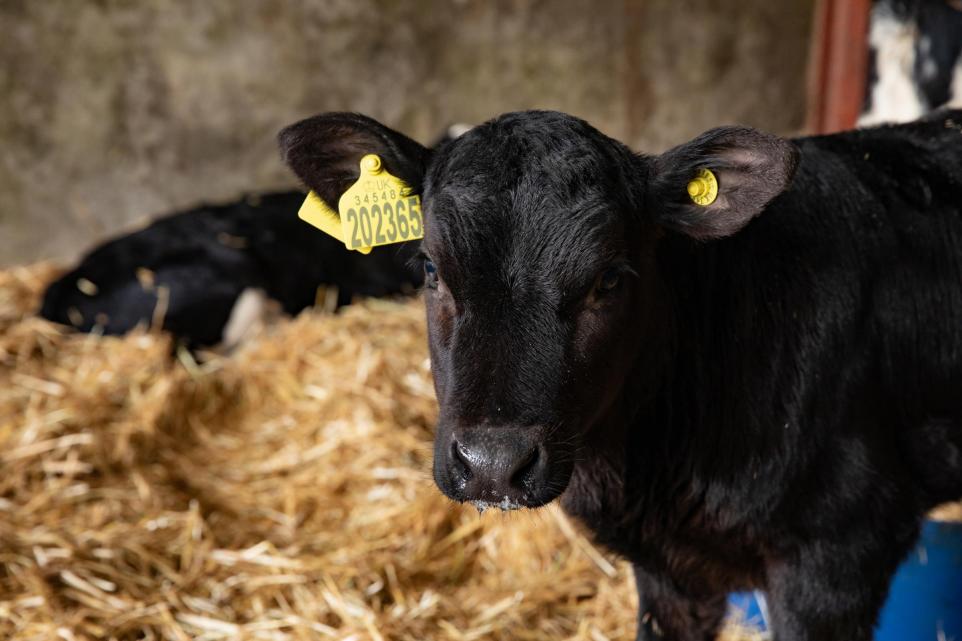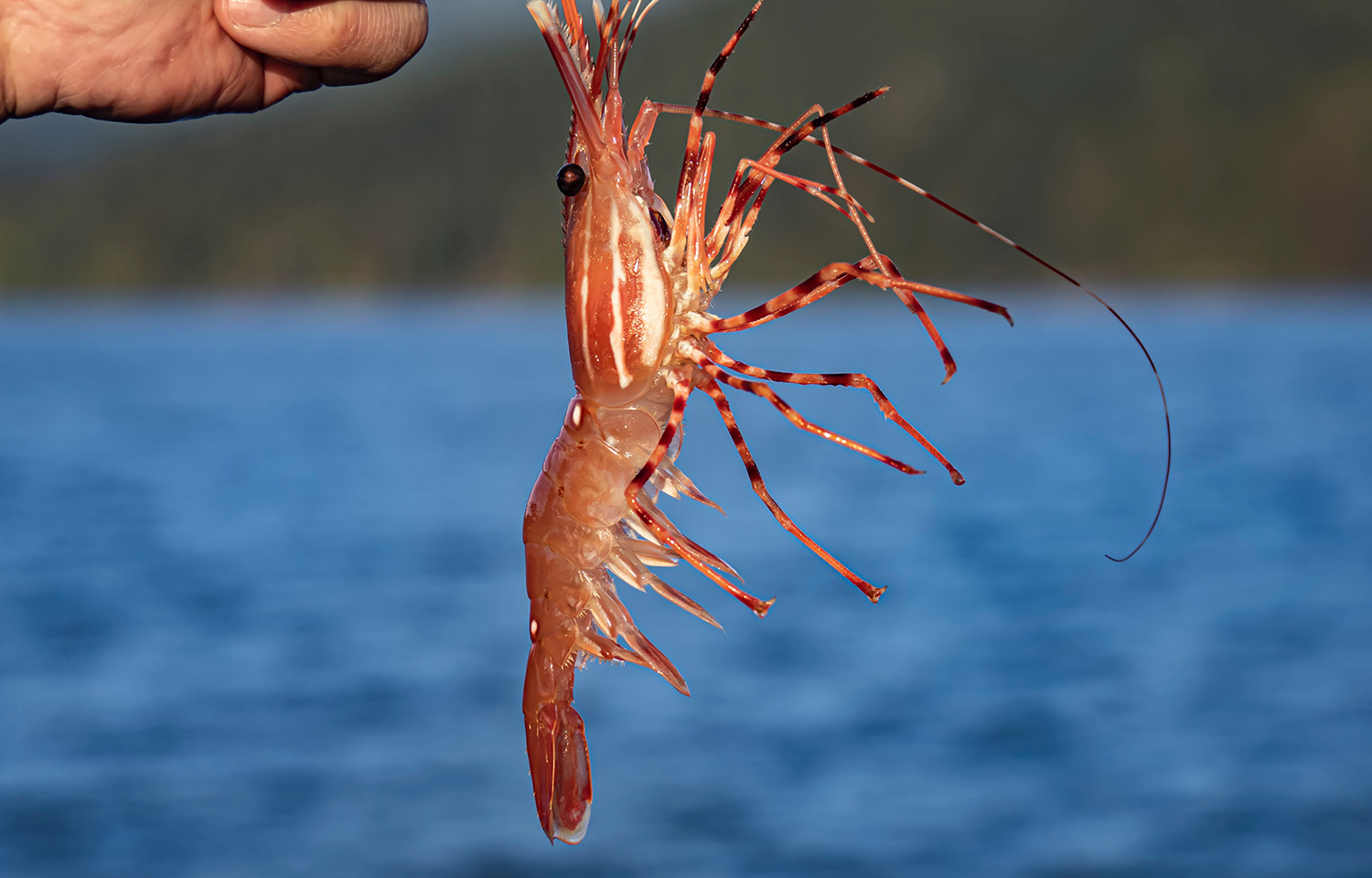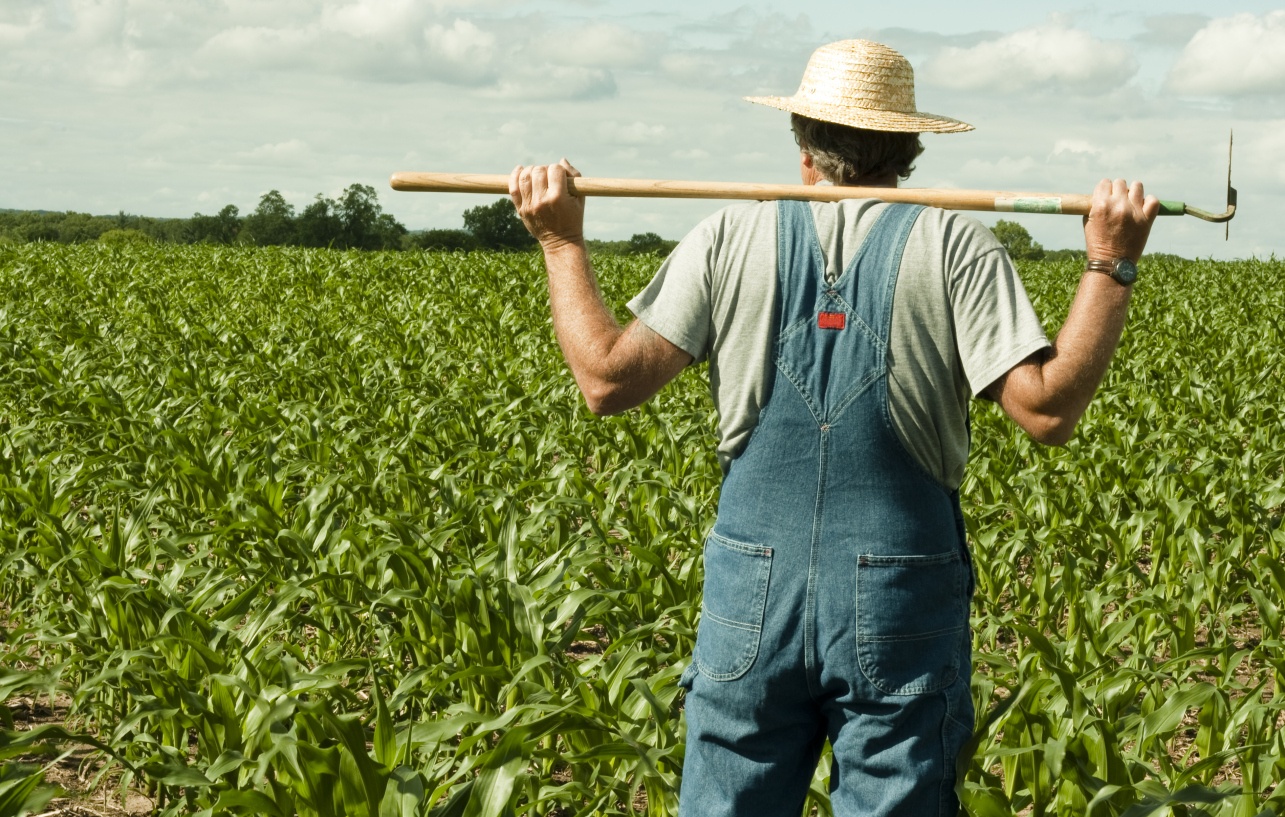Insuring soybeans in Manitoba will be a lot cheaper this year, with premiums dropping an average of 17 per cent.
That’s the biggest move in an across-the-board premium drop that sees an average reduction on all crops of seven per cent, Agriculture Minister Ralph Eichler said while speaking at Ag Days here Jan. 16.
Other big changes to crop insurance coming in 2018 include:
-
- Elimination of the unpopular pre-harvest deductible on corn and soybeans,
- Permanently insuring soybeans that had been part of a test project,
- Increasing hail coverage,
- Offering insurance for novel crops, and
- Creating a new category for wheats in the Canadian Grain Commission’s Canada Northern Hard Red class.
“These improvements have been implemented to reflect changes in the industry by ensuring better coverage for soybeans, hard red wheat and new emerging crops,” Eichler said.
“That is the farmer’s money,” he said. “We want to be able to remain competitive, and with the increasing crop production over the last year, and very little payouts, we were able to accomplish a significant reduction in those premiums,” Eichler told reporters later.
Crop insurance coverage is expected to total $2.7 billion in 2018, he said.
Better data
Soybean premiums went down because more long-term soybean yield data was used in the premium calculation, David Van Deynze, the Manitoba Agricultural Service Corporation’s (MASC) vice-president of insurance operations, said in an interview Jan. 17.
Premiums are usually based on 25 years of yields, but soybeans haven’t been grown on large acreages that long in Manitoba.
“We’ve got some recent good data and we decided to put a bigger emphasis on the data,” he said “Soybean losses have been relatively low for the last number of years. So it’s a pretty decent drop on our soybean premiums as a result of that.”
The value assigned to insured crops, used to calculate payouts, is down an average of 2.2 per cent, Van Deynze said. (
See 2018 crop dollar values on the MASC website)
Canola, soybean, red spring wheat and northern hard red wheat values are $10.55, $10.61, $6.53 and $5.31 a bushel, respectively.
MASC will send out premium and other crop insurance information to farmers in February.
Premiums and coverage are based, in part, on each farmer’s production history and those in their risk area.
For some crops, such as corn, individual long-term average yield is used.
About 200,000 acres north of PTH 16 in the Parkland area of Manitoba will be permanently eligible for soybean coverage starting this spring, Van Deynze said. The change follows several years of testing to ensure soybeans were suited for the area.
The Manitoba Pulse & Soybean Growers issued a statement supporting the change.
Corn growers happy
The president of the Manitoba Corn Growers Association (MCGA) is praising Eichler and MASC for dropping the controversial pre-harvest deductible on corn and soybeans.
“The corn growers are very pleased with this,” Myron Krahn said in an interview Jan. 17. “It is something that we’ve raised with MASC every year since it introduced this deductible. We’ve been very firm that we’ve never liked this from the start. We’ve always thought it was treating corn growers unfairly.”
Although there hasn’t been a big writeoff of corn since 2010 when the deductible was implemented, it has hurt some individual farmers, Krahn said.
Under the policy if corn and soybean fields were written off in the fall before harvest, farmers received 85 per cent of their insurance coverage — a 15 per cent penalty.
It was implemented following the writing off a large number of corn acres in 2009 due to mould.
MASC officials said at the time it was done partly so farmers who don’t harvest a crop aren’t financially better off than those who do. Harvesting corn is expensive and almost always includes drying.
If crop quality is poor, ripping it up and getting a crop insurance payout could be more attractive than harvesting it.
“A lot of it was around budget pressures as well,” Van Deynze said. “We had to find ways to have a smaller budget and try to impact producers the least possible, and this was a compromise we tried to come to for it.”
It was the wrong approach given agriculture’s contribution to Manitoba’s economy, Krahn said.
“I think they got the message loud and clear and now they’ve acted on it so we’re very appreciative of that,” he said.
It shows lobbying works and that governments do listen, Krahn added.
Too quickly?
In retrospect, MASC might have been too lenient when writing off cornfields, Van Deynze said. In 2009 some poor-quality corn was sold to make ethanol.
“There’s a bit of a feeling that we, the industry, and producers, jumped the gun a little bit on this mouldy corn and working it up,” Van Deynze said.
“I think we’re now a little bit more prepared as an industry to deal with a situation similar to 2009. That may have factored into it as well.”
Asked if it will be harder now to write off mouldy corn, Van Deynze said: “There is very little likelihood MASC is going to write that off purely from a mould perspective.”
MASC is creating a new insurance category for wheats in the CGC’s Canada Northern Hard Red class. The main varieties — Faller, Prosper and Elgin ND — are higher yielding and have been grown in Manitoba for several years.
The varieties had been MASC’s feed wheat category.
The ‘feed wheat’ category is now called ‘other spring wheat.’
Manitoba farmers will now be able to insure novel crops, Van Deynze said.
“We have a number of producers who always like to try new things and it’s always a challenge from a crop insurance perspective to say how much coverage this crop should have,” he said. “We don’t know if it’s suitable for Manitoba, we don’t know how it grows necessarily.”
Under this new option farmers can insure a novel crop for $120, $160 or $200 an acre. Payouts are triggered when traditional crops fail.
“So if you have a claim on your wheat and your canola and soybeans we will give you a similar claim on your novel crops making the assumption that they were affected similarly with the weather pattern we had that particular year,” Van Deynze said.
MASC’s hail coverage, which is funded totally by farmers without government subsidies, is also going up.
Farmers can select $150, $200 or $250 acre coverage, up from $120, $160 and $200, respectively, he said.
Source - https://www.manitobacooperator.ca

